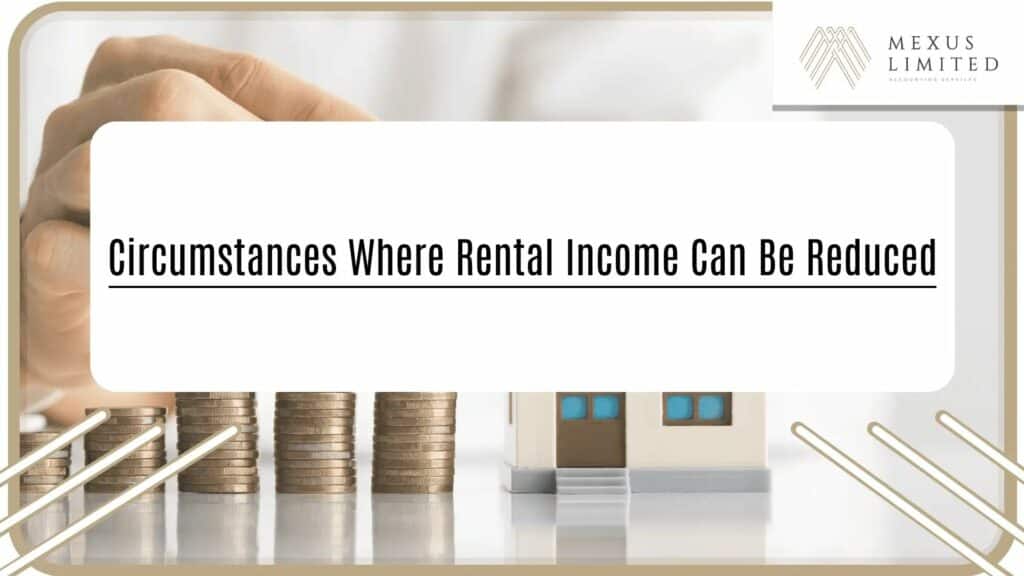Circumstances where rental income can be reduced

Taxpayers paying profits tax on their rental income or applying for a deferral of provisional property tax can help reduce the tax.
Profits tax on rental income can be claimed as a deduction for expenses incurred in earning assessable profits, not limited to the 20% statutory deduction granted under property tax. If there are losses from other businesses, the losses can be offset against rental income, thereby reducing tax. However, the rental property must be regarded as a business, and the rental income in it is subject to profits tax. The collection of rent is a business only if:
• The taxpayer occupies a portion of the owned property as a business that includes the remainder of the rental property
• The taxpayer operates a property buying and selling business that includes rental income from the rental property
• The taxpayer owns so many properties that they need to hire staff to take care of the rental
• The property is in other categories where the taxpayer provides additional services. Categories include dance halls, theaters, restaurants, etc.
In addition, the Inland Revenue Department will, in any year of assessment, assess the assessable value of the provisional property tax to be paid for the next year of assessment for property taxable property owners. If the owner thinks the assessable value is too high, he can try to apply for provisional property tax.
He must submit his application in writing no later than:
• 28 days before the due date for provisional property tax payment; or
• 14 days after the issue date of the Notice for Payment of Provisional Property Tax
Whichever is later.
The reason is one of the following:
• The estimated assessable value for the provisional property tax year of assessment may be less than 90% of the previous year
• It will be beneficial for the owner to choose to be assessed under personal assessment in the year of assessment for the provisional property tax payment, thereby reducing the overall tax
• The property owner has sold or transferred the property in the provisional property tax year of assessment, and the assessable value is less than the previous year of assessment
• The owner has lodged an objection to the property tax for the previous year of assessment
The above information is for reference only. If in doubt, we welcome your tax inquiry
